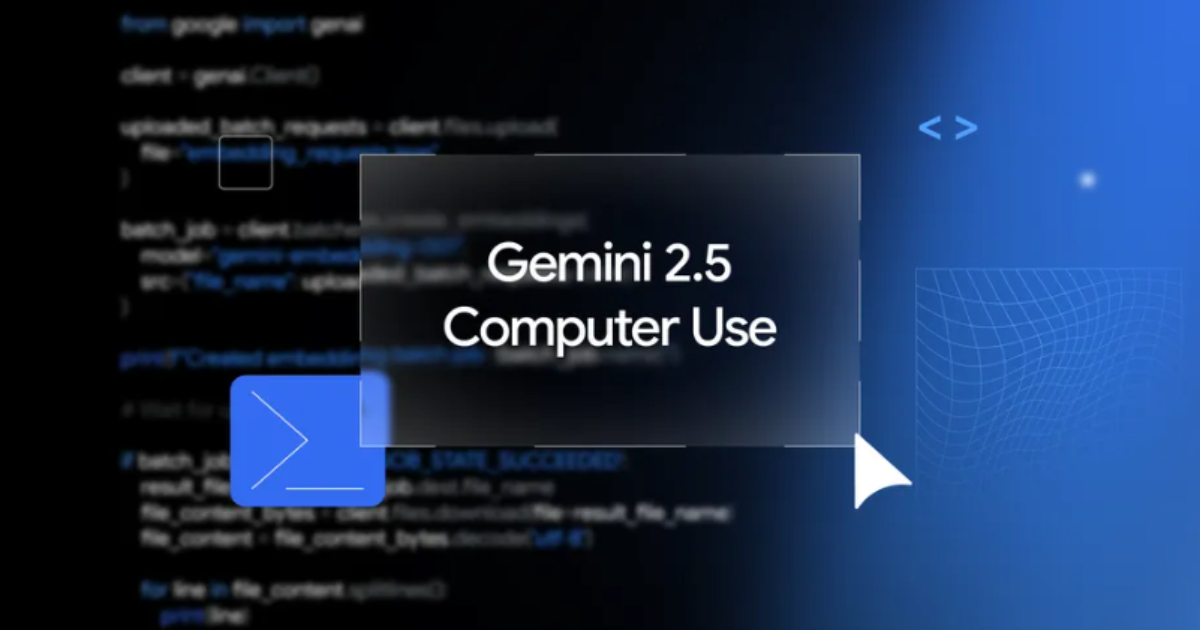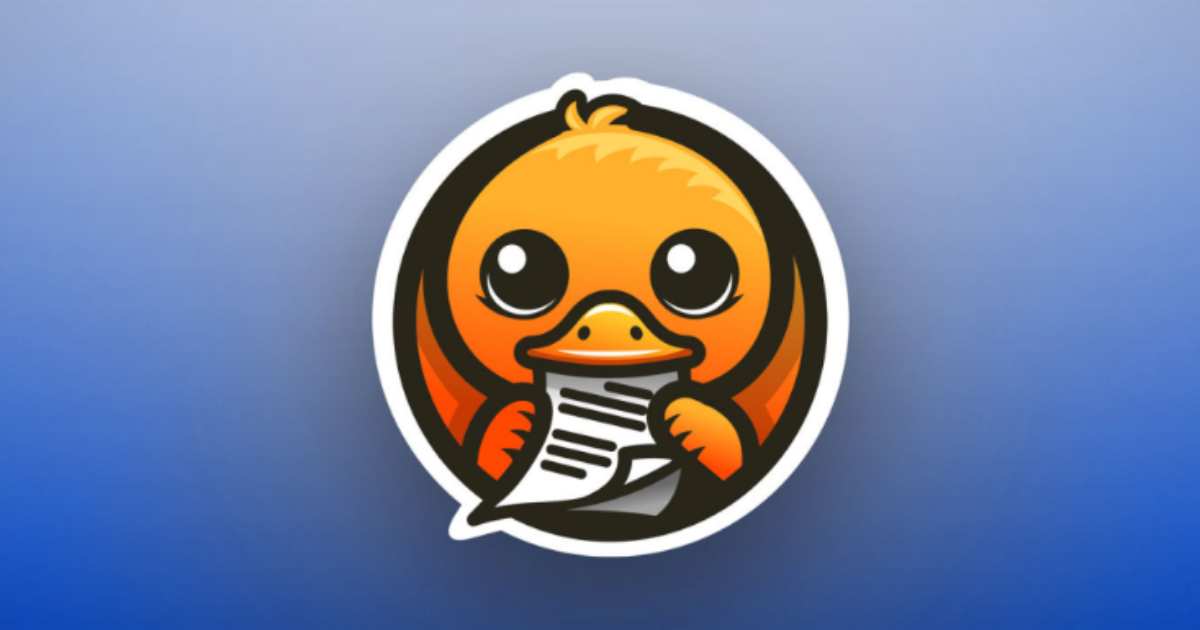Codetown
Codetown ::: a software developer's community
Math tips for easy calculations
We all have probably heard everyone say things like, "I can't do the math," "Math is too difficult," and "I'll never apply it in the real world." Math problems intimidate many students and parents, especially when it includes large numbers and rigorous calculations where aliciacalculadora.com can help.
Usually, students face problems in identifying the correct operation to be performed in word problems, regrouping in addition, and carrying over/borrowing in subtraction among many other issues.
But with the right strategies and tricks, we can help children excel at it, improve their mathematical reasoning skills and help the little Aryabhattas and Shakuntala Devis gain more confidence.
It’s always a good idea to serve logical and intense math concepts with a side of magic aka tricks to make you feel that math magic.
Here are the 4 math tricks to enhance mental math ability and make calculations easier:
1. MAKE IT EASY PEASY
Learning to quickly add numbers is an important aspect of your math learning. Students can break down the bigger numbers into simpler and smaller ones and then group them to add easily.
2. SWAPPING:
Many students fear subtractions due to large numbers. They can swap with the number complements instead of regrouping:
3. ADDING AND REMOVING THE SAME NUMBER:
Solving large numbers, especially money calculations can be quite difficult for students. Adding and then subtracting the same number can be quite useful a lot of times.
4. DEFEAT DIVISION:
Students can simplify division problems by putting this list of crucial facts aka divisibility rules to some great use. A number is divisible by:
Apart from these trendy tricks, students should always break down the multistep problem into smaller problems, find its objective, and then progress towards solving it. They should read the problem in its entirety and then try to come up with the correct approaches.
Notes
Welcome to Codetown!
 Codetown is a social network. It's got blogs, forums, groups, personal pages and more! You might think of Codetown as a funky camper van with lots of compartments for your stuff and a great multimedia system, too! Best of all, Codetown has room for all of your friends.
Codetown is a social network. It's got blogs, forums, groups, personal pages and more! You might think of Codetown as a funky camper van with lots of compartments for your stuff and a great multimedia system, too! Best of all, Codetown has room for all of your friends.
Created by Michael Levin Dec 18, 2008 at 6:56pm. Last updated by Michael Levin May 4, 2018.
Looking for Jobs or Staff?
Check out the Codetown Jobs group.
InfoQ Reading List
The New Data Commons MCP Server Unlocks a Wealth of Public Datasets for AI Developers

Google has recently introduced the Data Commons Model Context Protocol (MCP) Server, a tool that enables AI developers and researchers to easily access the public dataset collection available through Data Commons.
By Sergio De SimoneGoogle DeepMind Launches Gemini 2.5 Computer Use Model to Power UI-Controlling AI Agents

Google DeepMind has recently released the Gemini 2.5 Computer Use model, a specialized variant of its Gemini 2.5 Pro system designed to enable AI agents to interact directly with graphical user interfaces. The new model allows developers to build agents that can click, type, scroll, and manipulate interactive elements on web pages.
By Robert KrzaczyńskiCombining Continuous Delivery with Pair Programming: Lessons Learned

Pair programming and continuous integration can go hand-in-hand. Pushing to main multiple times a day is hard in isolation, leading to delays, large PRs, and merge issues, Ola Hast and Asgaut Mjølne Söderbom mentioned in their talk about continuous delivery with pair programming at QCon London. Pairing enables instant code review, easier refactoring, fewer bugs, and higher team resilience.
By Ben LindersAzure Container Storage v2.0.0 Goes GA with Major Performance Boost

Microsoft has released Azure Container Storage v2.0.0, introducing significant performance enhancements and architectural simplifications for stateful workloads on Azure Kubernetes Service (AKS). The release focuses on deeper NVMe integration, streamlined user experience, and expanded open-source availability, while removing all service fees beyond underlying storage costs.
By Claudio MasoloIBM Releases Granite-Docling-258M, a Compact Vision-Language Model for Precise Document Conversion

IBM Research has recently introduced Granite-Docling-258M, a new open-source vision-language model (VLM) designed for high-fidelity document-to-text conversion while preserving complex layouts, tables, equations, and lists.
By Robert Krzaczyński
© 2025 Created by Michael Levin.
Powered by
![]()
You need to be a member of Codetown to add comments!
Join Codetown